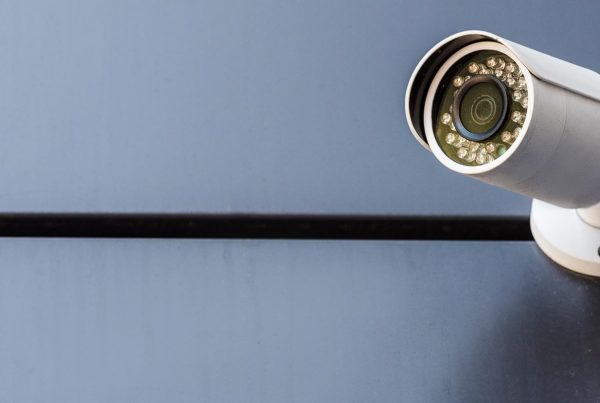CCLA and 9 partner organisations have made another step forward in our attempt to stop mass surveillance of the world’s networked communications systems. Today, our request for a referral to the Grand Chamber of the European Court of Human Rights has been granted. This means that the highest European Human Rights Court will consider our argument that the routine, daily surveillance of millions of communications around the world for national security purposes is incompatible with human rights law and unjustifiable in a democracy.
CCLA is participating in this fight because laws that allows bulk collection of communications data impact us all. Messages we send at home in Canada flow with those from every other nation across the internet and are subject to bulk interception, without any suspicion that we’ve done anything wrong. We have been fighting this fight for a long time, building on each success. In 2013, whistleblower Edward Snowden revealed the incredible scope and reach of mass surveillance affecting us all. CCLA joined with our international colleagues to challenge the UK regime, which was extensively documented in the Snowden revelations.
We asked the U.K. Investigatory Powers Tribunal (IPT) – the highly secretive UK court which hears claims against GCHQ, MI5 and MI6 – to examine whether the British signals intelligence agency’s (GCHQ) was intercepting emails to and from 10 rights and liberties organisations (including CCLA), whether such interception was lawful, and whether it was a breach of the right to privacy under Article 8 of the British Human Rights Act. In 2014, the IPT found that UK intelligence agencies had unlawfully spied on the communications of Amnesty International and South Africa’s Legal Resources Centre. The tribunal also found that UK intelligence sharing with the US, which had been governed under a secret legal framework, was unlawful until disclosed during the proceedings. Disappointingly, however, the IPT ruled that these practices may in principle comply with the UK’s human rights obligations. This was the finding challenged in the ECtHR.
We disagree that mass interception can ever, in principle, comply with human rights obligations, and so we launched a case at the European Court of Human Rights to argue that position. On 13 September 2018, the ECtHR ruled that UK laws enabling mass surveillance violate rights to privacy and freedom of expression. That was another important victory. However, the judgment did not go far enough with regard to the unlawfulness of bulk interception powers and the fundamental shortcomings in inter-state intelligence sharing based on communications intercepts. Our argument is simple and principled: “the fact that it is now possible for the state to retain private information about the population of a whole nation (or even many nations) … and that retaining such information may be operationally useful, does not justify the intrusion of doing so.” Requests to the Grand Chamber are accepted on an exceptional basis; it is a testament to the public importance of the issue of mass surveillance that our case was accepted. This opens up the opportunity for CCLA and our partners, the American Civil Liberties Union (ACLU), Amnesty International, Bytes for All, the Egyptian Initiative for Personal Rights, the Hungarian Civil Liberties Union, the Irish Council for Civil Liberties, the Legal Resources Centre, Liberty, and Privacy International to continue pushing for the Court to hold that bulk powers can never be justified in a rights-respecting democracy. It’s a long fight. It’s an important fight. And we continue to press forward.
Related links:
- Back to the beginning: British Spies Violated Privacy of Rights Organisations Worldwide
- A win at the U.K. Investigatory Powers Tribunal: https://www.ipt-uk.com/judgments.asp?id=27
- We move the fight to the European Court of Human Rights for another win
- We ask to be allowed to continue to fight
- And we win again: our case is accepted by the Grand Chamber of the European Court of Human Rights: Grand Chamber Panel’s decisions – February 2019
About the Canadian Civil Liberties Association
The CCLA is an independent, non-profit organization with supporters from across the country. Founded in 1964, the CCLA is a national human rights organization committed to defending the rights, dignity, safety, and freedoms of all people in Canada.
For the Media
For further comments, please contact us at media@ccla.org.





